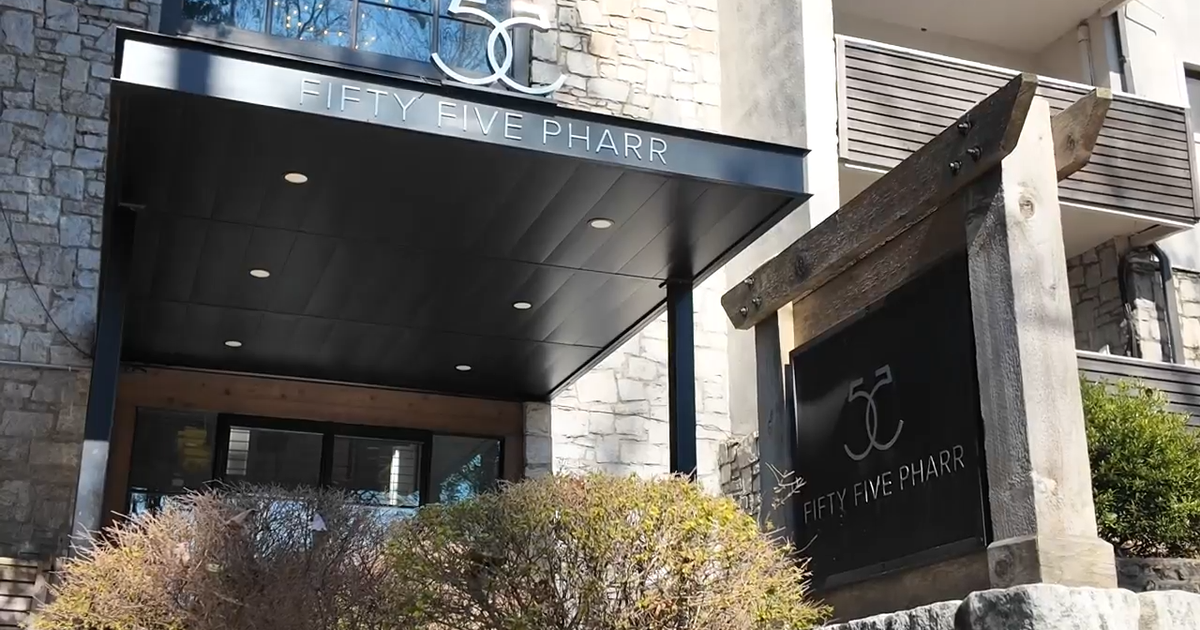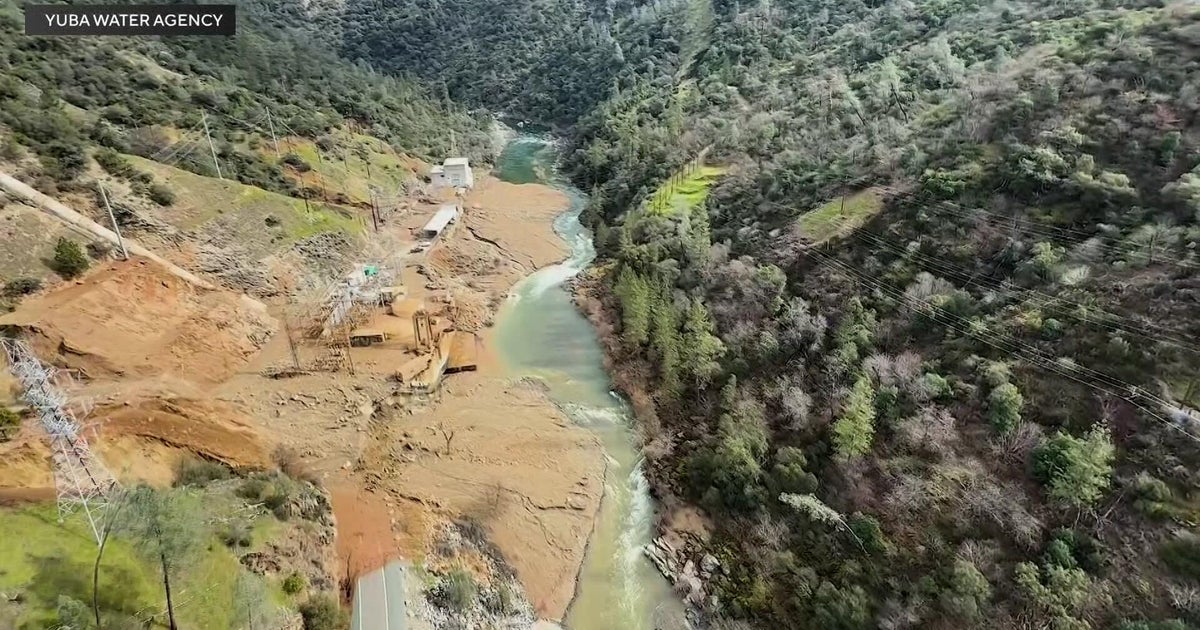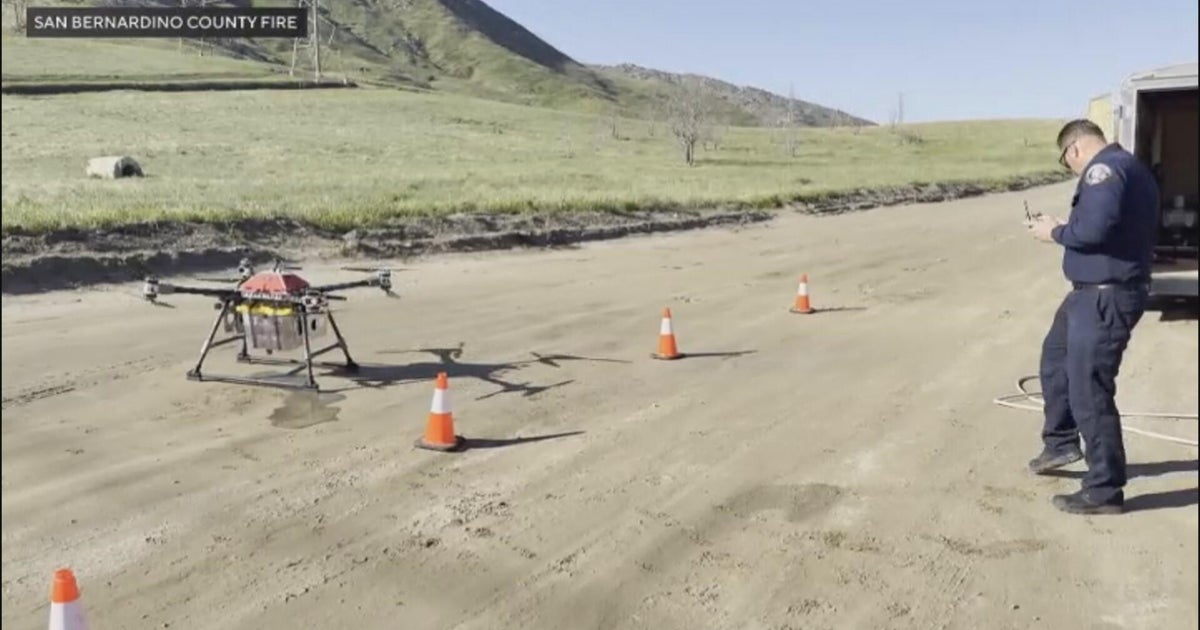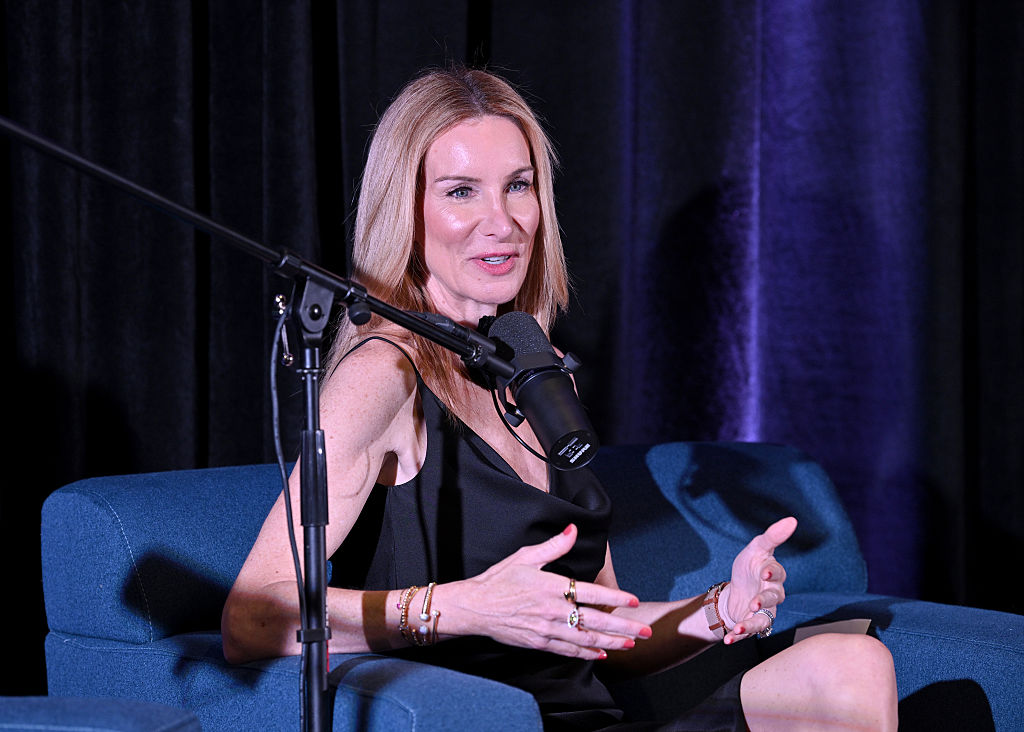Airbnb adopts new cleaning rules for a coronavirus world
Airbnb is changing its rules for cleaning properties rented over the platform, an effort to put travelers and hosts at ease as the coronavirus slams tourism.
The new procedures, which take effect in May, recommend that cleaners wait at least 24 hours after a guest checks out to enter a room, in line with guidelines from the U.S. Centers for Disease Control and Prevention, Airbnb said in a blog post. The company also specified a number of approved disinfectants that may be used for cleaning.
The guidelines are developed in partnership with Dr. Vivek Murthy, the former U.S. surgeon general, and Ecolab, a major water- and cleaning-technology company.
Hosts who rent their home will be able to sign up for the cleaning protocol and receive certification, Airbnb said. Those who can't commit to the protocol can opt for a 72-hour blackout period between bookings, according to the post, which called the approach "expert-backed." A February study from the National Institutes of Health suggests the coronavirus dies out on surfaces after 72 hours.
Airbnb's goal will be to create a list of residences that meet the cleaning criteria — something potential visitors can consult and quickly book.
"Guests will be able to search for and easily identify Airbnb listings that meet their needs and expectations and are part of the program," the company said. "Governments, health authorities and communities will be able to refer to this inventory, allowing for a controlled approach to reopen travel and reignite tourism economics."
Airbnb has struggled with a near-total shutdown in travel around the world as governments restrict human movement and people cancel travel plans. In March, as COVID-19 spread across the U.S., the company made it easier for guests to cancel bookings. But it drew ire from travelers who called the new policy too restrictive, as well as many homeowners who run their rentals as businesses and were losing money.
The company has since said it would pay proprietors up to 25% of their normal cancellation fees for bookings lost to COVID-19, a move that would cost it $250 million.
While Airbnb keeps its booking data private, occupancy in the competing hotel industry has dropped nearly 70% from last year. The short-term rental platform has about 150 million users worldwide.



